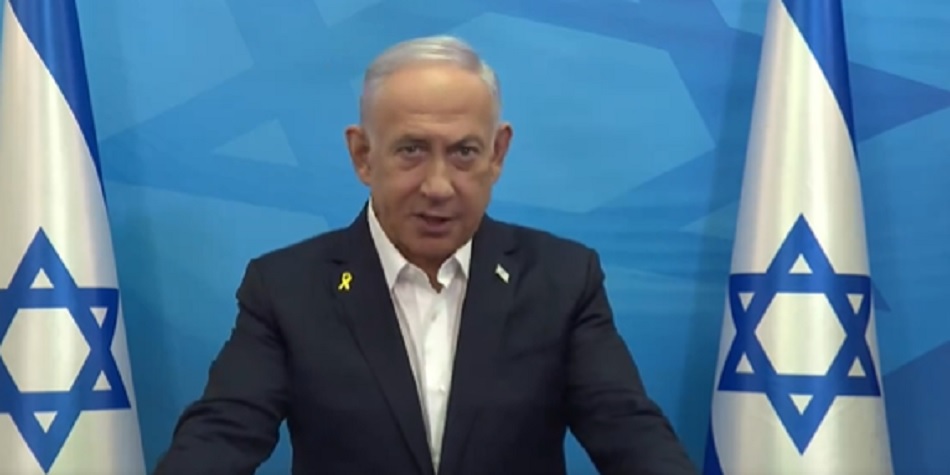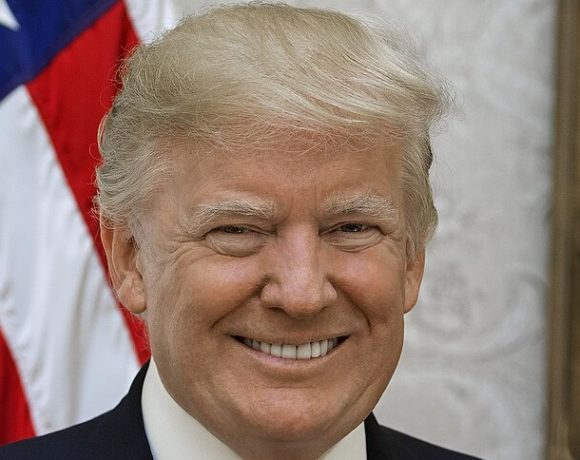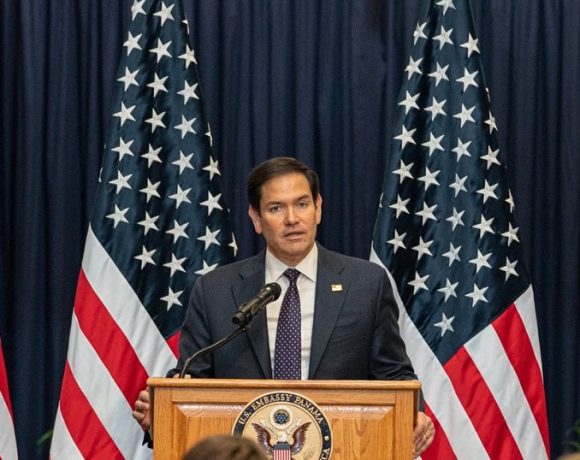
ICC Arrest Warrant for Netanyahu Sparks Global Division
The International Criminal Court (ICC) has issued an arrest warrant against Israeli Prime Minister Benjamin Netanyahu, accusing him of alleged war crimes in Gaza. This unprecedented move has led to sharp divisions among world leaders, with some applauding the decision as a step towards justice, while others view it as politically motivated.
Allegations Against Netanyahu
The ICC’s warrant alleges that Netanyahu’s actions during the recent conflict in Gaza constitute war crimes, citing attacks on civilian infrastructure and the disproportionate use of force.
The court has emphasized the need for accountability, sparking debates over Israel’s adherence to international law.
Global Leaders React
World leaders are deeply divided over the ICC’s decision. Several European nations and human rights groups have endorsed the move, arguing that it is a critical step towards justice for the victims of the Gaza conflict.
In contrast, the United States and several allies have criticized the warrant, with Washington labeling it as counterproductive. “This risks derailing peace efforts in the region,” said a senior US official.
Netanyahu’s Response
Prime Minister Netanyahu has dismissed the ICC’s decision as “baseless and politically motivated.” In a statement, he reiterated Israel’s right to self-defense, claiming that its military operations in Gaza were necessary to counter terrorist threats.
Broader Implications
The ICC’s move marks a significant development in the international community’s scrutiny of the Israeli-Palestinian conflict. It raises questions about the court’s jurisdiction and the potential consequences for global diplomatic relations.
As debates intensify, the ICC’s decision is likely to have far-reaching implications for international law and the ongoing conflict in the Middle East.


















